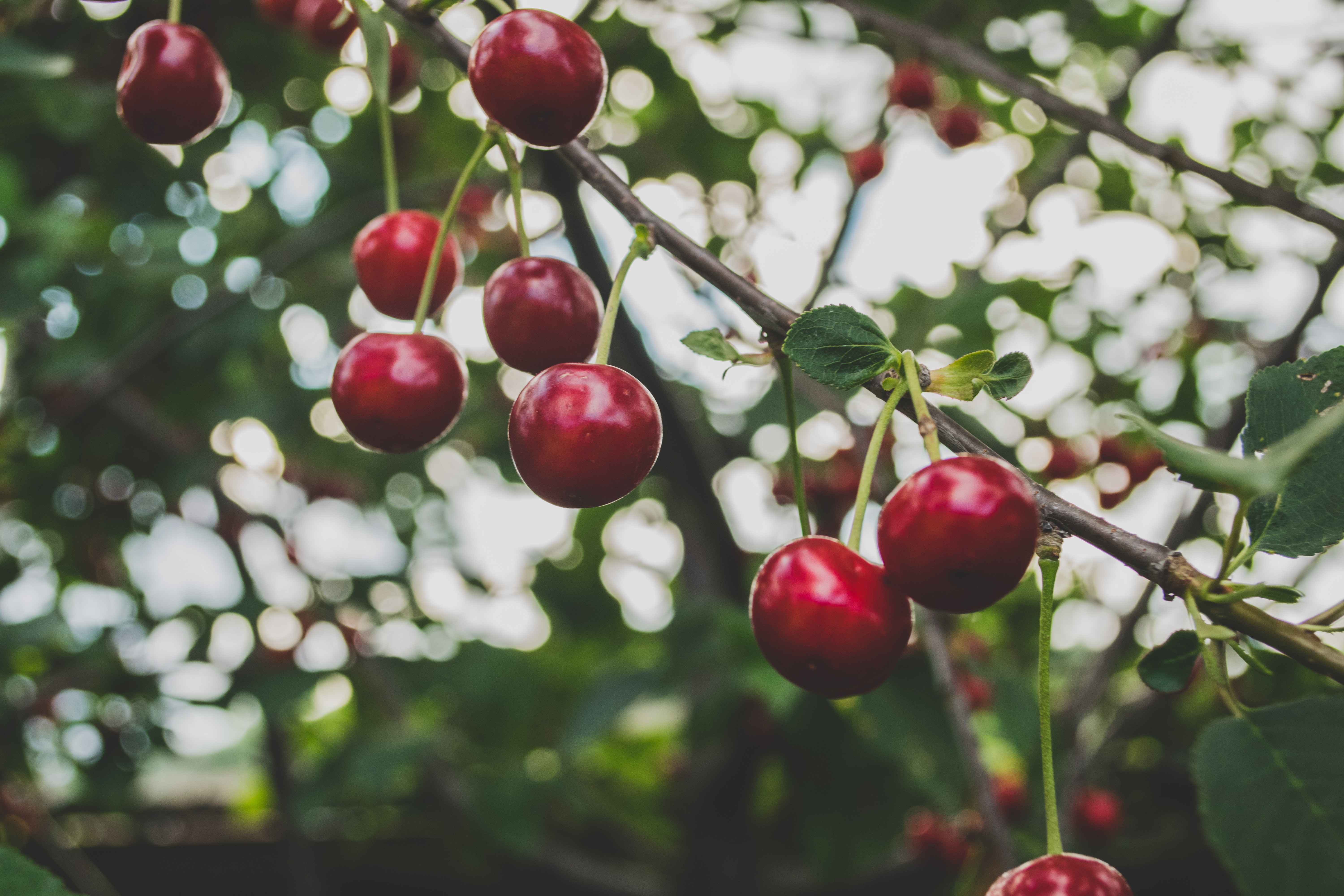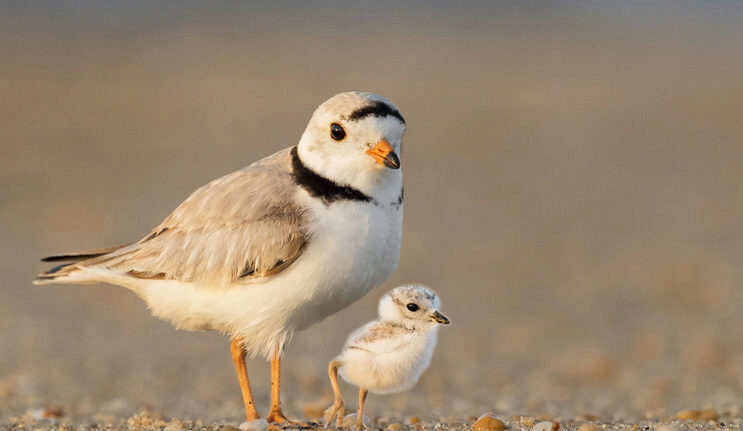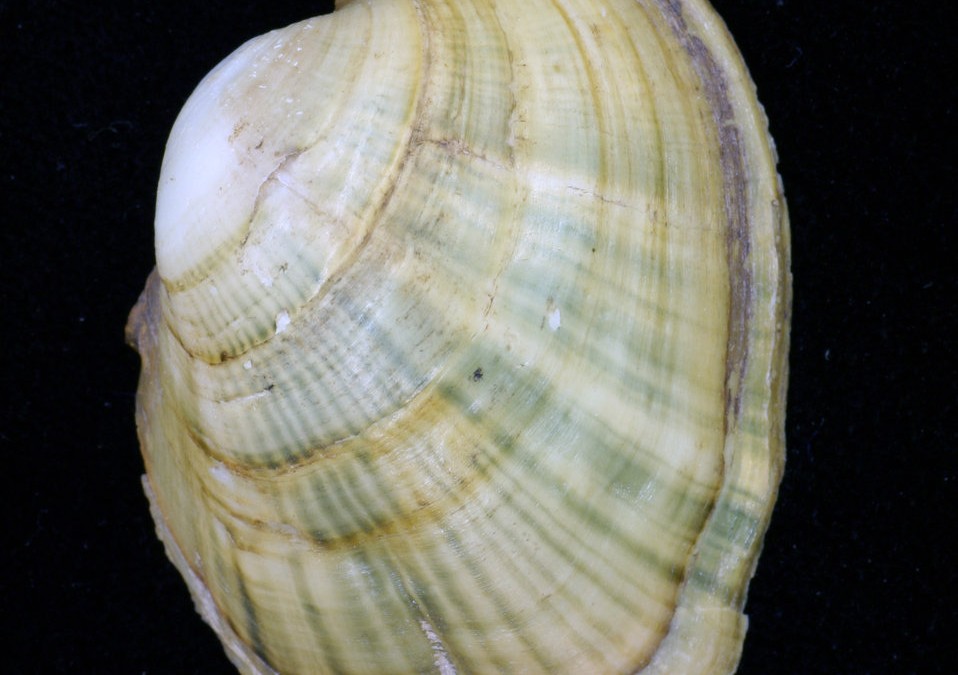
by Natalie Hart | Sep 7, 2021 | Uncategorized
One of the children of Grace asked for us to pray for cherry trees. Whether the cherry tree you think of when you pray is ornamental or edible fruit-producing, cherry trees are one of the glories of Creation. We are grateful for these beautiful trees that give us so many good gifts. Give thanks to God and pray for the health of any cherry trees you know (including the ones in the Grace parking lot, which got a serious pruning...
by Natalie Hart | Sep 4, 2021 | Uncategorized
Our first Sunday of Creation Season, we will pray for the Plaster Creek Stewards: Plaster Creek Stewards is a collaboration of Calvin University faculty, staff, and students working with local schools, churches, and community partners to restore the health and beauty of the watershed. We focus on research, education, and on-the-ground restoration (working directly to restore the watershed). Grace is one of the churches they’ve worked with! We partnered with them on our Sacred Grounds project, so now the garden surrounding the parking lot is full of Michigan native species of plants, and a few dozen church members have gotten to participate in the planting and upkeep. Some of our members have also been lucky enough to work with them on curb gardens, so instead of grass that needs water and often contributes to chemical runoff into our streams, their curb gardens now help filter and slow down the rain running into the sewers and streams. Plaster Creek Stewards’ tagline is, Loving our downstream neighbor. Let’s pray that their mission catches on all over West Michigan so we can all love our downstream neighbor and make decisions about lawncare and sustainability that will help, not...

by Natalie Hart | Sep 2, 2021 | Uncategorized
Today’s Creation Season prayer item is the piping plover. Isn’t it adorable?! Even its scientific name is fun to say: Charadrius melodus. It is also endangered here in Michigan. The U.S. Fish and Wildlife Service says this: “The piping plover is a small shorebird and its Great Lakes Population is on the brink of extinction. When first listed as endangered in 1986, only 17 pairs nested in Michigan. Numbers have increased since then and piping plovers have expanded their range back into Wisconsin, Illinois, and Ontario, Canada; although in small numbers.” The MSU Extension describes the steps people and governments can take to protect the piping plover: “Habitat destruction, habitat alteration and human development of shorelines has resulted in the extirpation of Piping plovers from most formerly occupied Great Lakes states. Marina construction, inlet dredging, and artificial structures such as breakwalls, can eliminate breeding areas and disrupt natural processes that maintain shoreline habitats. Local planning and zoning boards can address this problem by incorporating shoreline protection and Piping plover habitat needs into land use plans and permitting processes. It is very important to protect current and historical nesting habitat, as well as potential breeding sites to allow population growth and to support the population in the future.” We can pray for the piping plovers that are in Michigan, thank God that their numbers are increasing, and ask that people will continue to act in ways that will protect this lovely little shorebird. Listen to its call: Watch how fast it can...

by Natalie Hart | Sep 2, 2021 | Uncategorized
Welcome to our first prayer item in Creation Season! Today, we are lifting up the white catspaw mussel. It is an endangered mussel in Michigan that can now only be found in Fish Creek, although it has been gathered from the Detroit River. You can pray that people will treat their habitats with respect and change their behavior to make for healthier rivers and creeks. From the Michigan State University Natural Features website: “Like all filter-feeding mussels, the white catspaw is sensitive to siltation, and efforts should be made to decrease surface run-off. Changes in river hydrology and morphology can also harm this riffle-dwelling species, and dredging, channelization and damming projects should be avoided. Maintenance or establishment of vegetated riparian buffers can help protect mussel habitats from many of their threats. Control of zebra mussels is critical to preserving native mussels. And as with all mussels, protection of their hosts habitat is also crucial.” Go here to find out...

by Natalie Hart | Sep 2, 2021 | Uncategorized
These are Natalie Hart’s top takeaways from Barna’s webinar, Five Tips for a Tech-Wise Summer, May 2021. Guiding principles about tech use 1. The goal is to raise children who can self-govern their screen use. This means moving more towards operating on trust more than strict time limits or bargains–trust with guidance, that is. And use of filtering software. This speaker advocated for letting children have a little freedom at a time, and guided freedom (i.e., you can open an Instagram account, but it will be private at first, we will be your first followers, and we will work together on posting, all while talking about what kinds of things to post and how to respond to things you’ll see). 2. Technology is always changing, so it’s something you’ll always have to be talking about. Communication was a huge theme. Talk regularly and early about the things that kids will see and experience online: pornography, screen addiction, mental health repercussions, bullying. And not just as warnings, but with guidance for how they can deal with it, decisions they can make. Detailing what constitutes online bullying can help your child to avoid engaging in it; after all, it can often seem funny, at first. 3. Your children will always be better than you at technology. So prepare yourself for them to get around your filtering software, and prepare them to respond to the sometimes nasty things they’ll experience as a result. 4. Use technology to start conversations rather than end them. Ask about what they’re seeing or doing. Watch some YouTube together. Notes for parents and teens Technology can be a tool for connection,...

by Natalie Hart | Sep 2, 2021 | Uncategorized
At a 2020 Orange Conference session, “Helping Kids with Anxiety and Depression,” the panelists gave some good suggestions for how to help kids talk about how they’re feeling. I would have found these helpful when my kids were growing up and unable or afraid to put into words how they were feeling, so I’m sharing them with you. Kara Powell, from the Fuller Youth Institute, suggested a numerical ranking: “On a scale of 1 – 10, 10 being the worst, how are you doing?” This alternative can also work, for the parent to provide the ranking and see how the child responds: “It feels like, on a scale of 1 – 10, you’re about an X.” Daily check-in Mike Foster, a counselor and host of the Fun Therapy podcast, suggested a daily check-in, so families build up a habit of talking about mental and emotional states. This way it won’t feel like such a big deal to talk about it when children are struggling. It also helps remove the stigma of talking about mental health: “It removes guilt, fear, and shame, which only lead to more unhealth, and helps families move into grace, love, and open conversation. Making people suffer in silence is a tool of the enemy.” The daily check-in would involve the mind–How were your thoughts? Any repeating thoughts? Any thoughts that made you feel bad? The heart–How are your emotions? Can you name them? Are you trying to bury any of them? Which emotions are you welcoming? And, because it often reveals our mental and emotional state, the body–Are you holding tension anywhere? Do you have pain...







Recent Comments